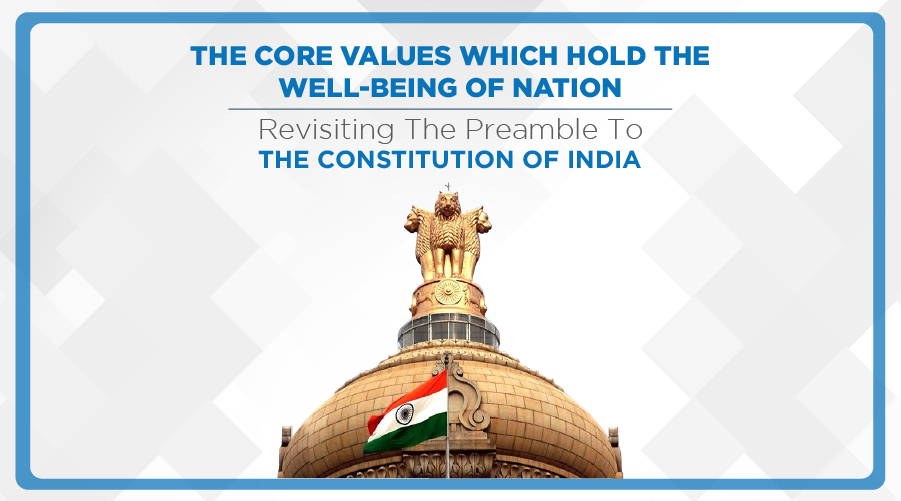Property Tax is arguably the most important source of revenue for local municipal bodies. It is the only major source of revenue for such governing bodies and the only one which has the potential to grow as the city grows.
The justification for charging a hefty property tax is based on two reasons.
- One pays property tax because they have purchased land in the city, which is of high value and could have been used by municipal agencies in other circumstances.
- Those who purchase properties in the city enjoy the provision of a variety of services provided by the municipal body.
Thus, Property Tax stands as a justified and highly efficient measure for municipal bodies to raise funds for the work they do in the city.
However, across the country as a whole, full gains from property tax have not been realized. This problem is especially prevalent in Bengaluru.
The Bengaluru municipal corporation, the BBMP, routinely falls short of its target for annual property tax collection. In the previous financial year of 2018-19, the BBMP estimated it would be able to collect 3500 crores.
The actual amount collected was 2542.17 crores. Similarly, in 2017-18, they estimated an amount of 2600 crores where actual revenue realized was 2133.02 crores. By contrast, the BMC, the municipal corporation of Mumbai was 2542.17 crores.
Similarly, in 2017-18, they estimated an amount of 2600 crores where actual revenue realized was 2133.02 crores.
By contrast, the BMC, the municipal corporation of Mumbai collects a value much closer to their initial estimates.
In the financial year of 2018-19, they estimated an amount of 5,200 crores and ended up collecting 5,000 crores; falling short of only 200 crores compared to Bengaluru’s 957.83 crores for the same year.
The corporation of Mumbai was able to accomplish this goal even after offering a 100% tax rebate to houses with an area of less than 500 square feet, which amounts to approximately 64% of residential properties, as a pre-Lok Sabha elections move.
Meanwhile, in the neighbouring state of Tamil Nadu, the municipal corporation of Chennai was also able to collect 1000 crores in revenue against an initial estimate of 1200 crore in 2018-19.
So why does Bengaluru perform poorly in the collection of property tax when compared to other Indian cities? The blame rests on both the BBMP and the public.
Last year the number of properties that fell under the tax net was 19 lakh, but only 13 lakh ended up paying their tax. In addition to this, the BBMP also loses a substantial amount of revenue because many ‘under-declare’ the actual value of their property.
Since 2000, the BBMP has been using a self-assessment scheme (SAS) system to register the value of the property on which tax is then levied. Prior to this, a local revenue officer was assigned to inspect the property in question and fix a set amount of tax. As the city grew, however, this became an inefficient measure which also opened up various avenues for corruption.
Self Assessment Scheme (SAS) System
As per the SAS system, one must self-assess the values of their property and calculate the tax to be paid on it.
The self-assessment thus allows them the ability to under-declare the actual value of their property, not including parking spots, balconies, etc. and also declaring a different kind of use of the property to pay lower rates of tax, and so on.
Compounding this problem is the lack of cross-checking that occurs in the system. When the SAS scheme was enforced and announced, the BBMP promised it would cross-verify declarations of 5% of properties in its tax net every year and come down hard on those who purposefully under-declare.
In 2009, this was increased to 10% every year. If this measure had been carried out properly not only would instances of under-reporting be much lower than what they are now, the number of property owners who did not pay tax (over 6 lakh properties as of 2018-19) would be much lower as well.
Dealing with this problem then is two-fold. The general public must be encouraged to carry out self-assessment honestly, and the BBMP must be sure to meet their targets for cross-verification.
Raising the property tax, as the BBMP has claimed that it will carry out in the financial year of 2020-21, will increase it by as much as 20% for residential properties and 25% for commercial properties, is an imperfect solution and this will only hurt honest taxpayers and allow those who under-report and default to get away with their misdeeds scot-free.
On a more positive note, the BBMP has substantially ramped up its tax collection for the financial year of 2019-20. It has collected a record-breaking 1581.7 crores two months into this financial year, 45% of what it estimates to collect over the course of the entire year. Perhaps a shift in focus from election-related duties has contributed to this improvement. Hopefully, going ahead the BBMP will rely on its improved methods of collection rather than just raising the rates of taxation.




